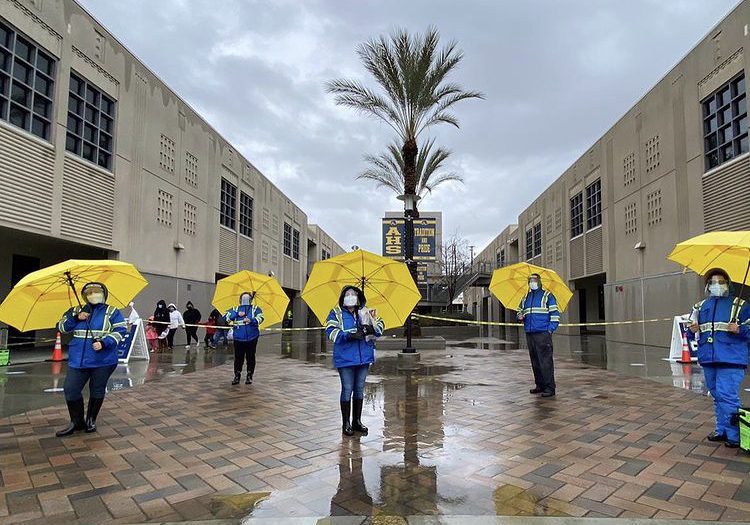When senior, Britney Perez and her family started showing COVID-19 symptoms, she immediately signed up to get tested on a website given through Latino Health Access. Perez had discovered them through social media on Instagram and within hours, she and her family were tested.
Perez said that from beginning to end, “It was a quick experience.”
COVID-19 has disproportionately affected Black and Latino or Latinx minorities in vulnerable populations across the U.S.
Latino Health Access (LHA), is a non-profit established in 1993, that helps Santa Ana and underserved communities combat health disparities, and is now fighting COVID-19 after the pandemic hit the U.S. in March.
Latino Health Access’ mission is to “bring health, equity and sustainable change through education, services, consciousness-raising and civic participation,” said Francisca Leal, Program Director at Latino Health Access.
Teens can inform their community accurately because, unfortunately, there are a lot of misinformed people
— Francisca Leal
Leal has worked for 17 years at LHA. Her responsibilities changed because she took on the responsibility of managing and building different teams to provide a response to the inequities in Orange County, Calif. The teams include call center and contract tracer teams. The tracer follows up with people who test positive to be able to help them maintain their isolation.
“We get them hotels or rooms where they can quarantine, bring them food so they don’t have to leave their house, medicine, diapers, and more,” said Leal.
The Chief Executive Officer, America Bracho, negotiated with the county and they began to work together. The county with a lot of generosity and compassion responded to the necessities of the most affected cities in Orange County and a collaboration was made where LHA was responsible for bringing mobile clinics to the poorest neighborhoods.
Latino Health Access has done mobile clinics for six months and in January, started setting up clinics for vaccinations.
To flatten the curve, Leal recommends that the first thing that needs to be done is to follow the proper guidelines. The principal guidelines are to use masks adequately that covers the mouth and nose, and maintain a minimum of six feet between you and someone else that is not in your bubble. Another thing people can do is to maintain a healthy immune system, is eat adequately, and exercise at home only.
“A reason the virus is hitting Latinos hard is because a lot of Latino families live in one room with their entire family. If that is the case, plan ahead, like how the family will quarantine. Part of our mission is to be aware of the people who are jobless to be able to help them,” said Leal.
LHA strongly believes that teens will make a difference ending the pandemic because the success of combating the pandemic depends on technological knowledge.
“Teens can inform their community accurately because, unfortunately, there are a lot of misinformed people due to the false information provided by the previous Trump administration.”

Leal continued, “A lot of times, Latino immigrant parents do not speak English or know how to run technology, they don’t have access to the information and that’s where teens need to step in,” added Leal.
Perez is one of those teens that knew exactly where to go for help.
“Since I’m the social media manager for the Grizzly Gazette, I repost them (LHA), and remind students that they are testing through their posts, provided by the Latino Health Access’ Instagram page,” said Perez.
Perez said it was really easy and displays availability and upcoming testing sites. It took her about two hours to get tested because there were a lot of people waiting in line when she got there with her family.
She found it very sweet that LHA followed up afterwards. Her mom and sister received phone calls asking if they were okay and asked if they needed any food or additional resources.
Health discrepancies are predominantly caused by socioeconomic status. Social factors of access and care experience for vulnerable populations negatively affect the quality and deliverance of healthcare in low-income communities. This is affecting minorities who develop complications to COVID-19 and contributes to a higher death rate.
“If you or someone you know feel like they’ve been exposed to COVID, you should go and get tested from Latino Health Access because it is not scary as it seems,” added Perez.
Leal also encourages teens to write to their legislators asking to improve healthcare systems in their community.
Latino Health Access is ready to help overcome the increasing disparities due to the pandemic and provide resources for those in vulnerable populations.
For more information check out LHA’s Instagram page @latinohealthaccess or contact the Latino Health Access COVID-19 Call Center at (714) 805-7838.
This story was originally published on Grizzly Gazette on February 4, 2021.

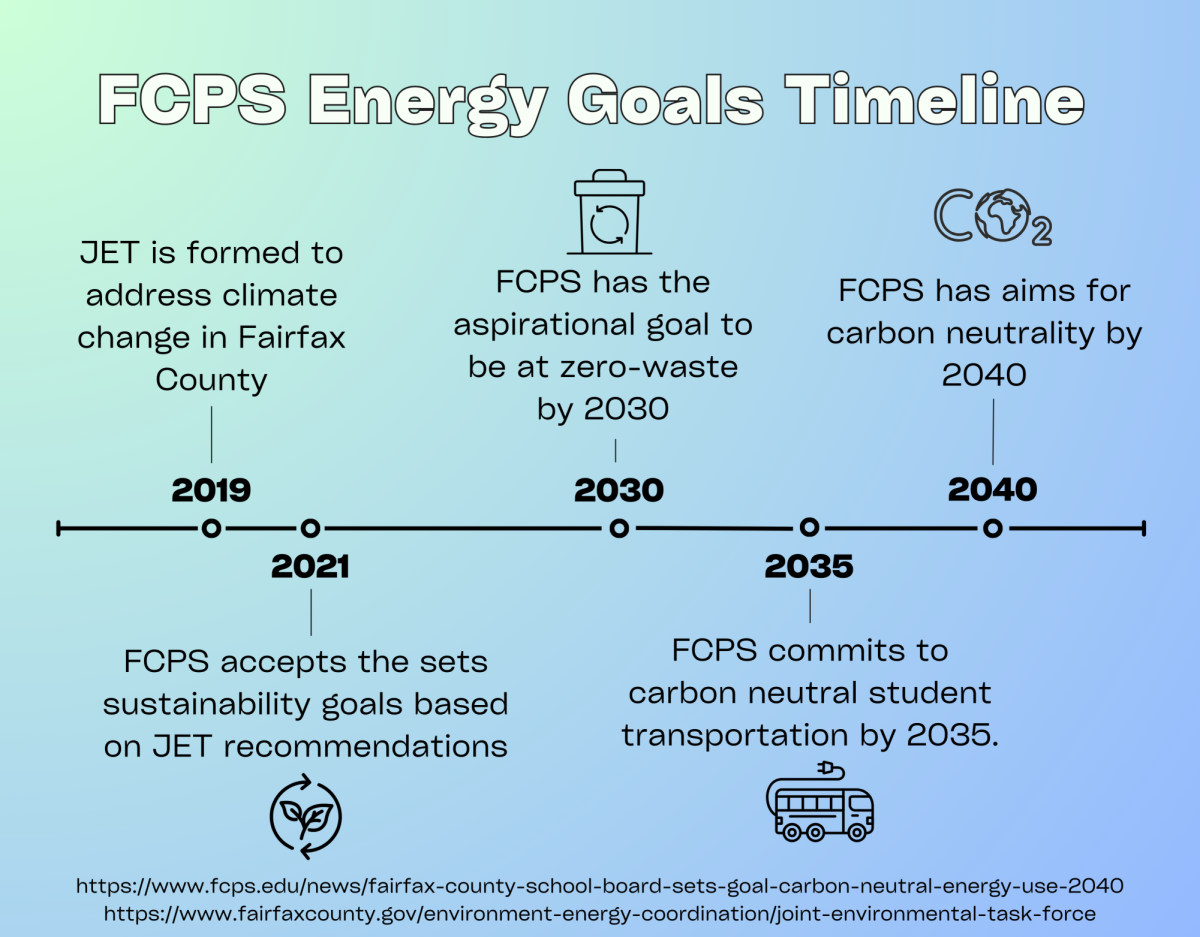






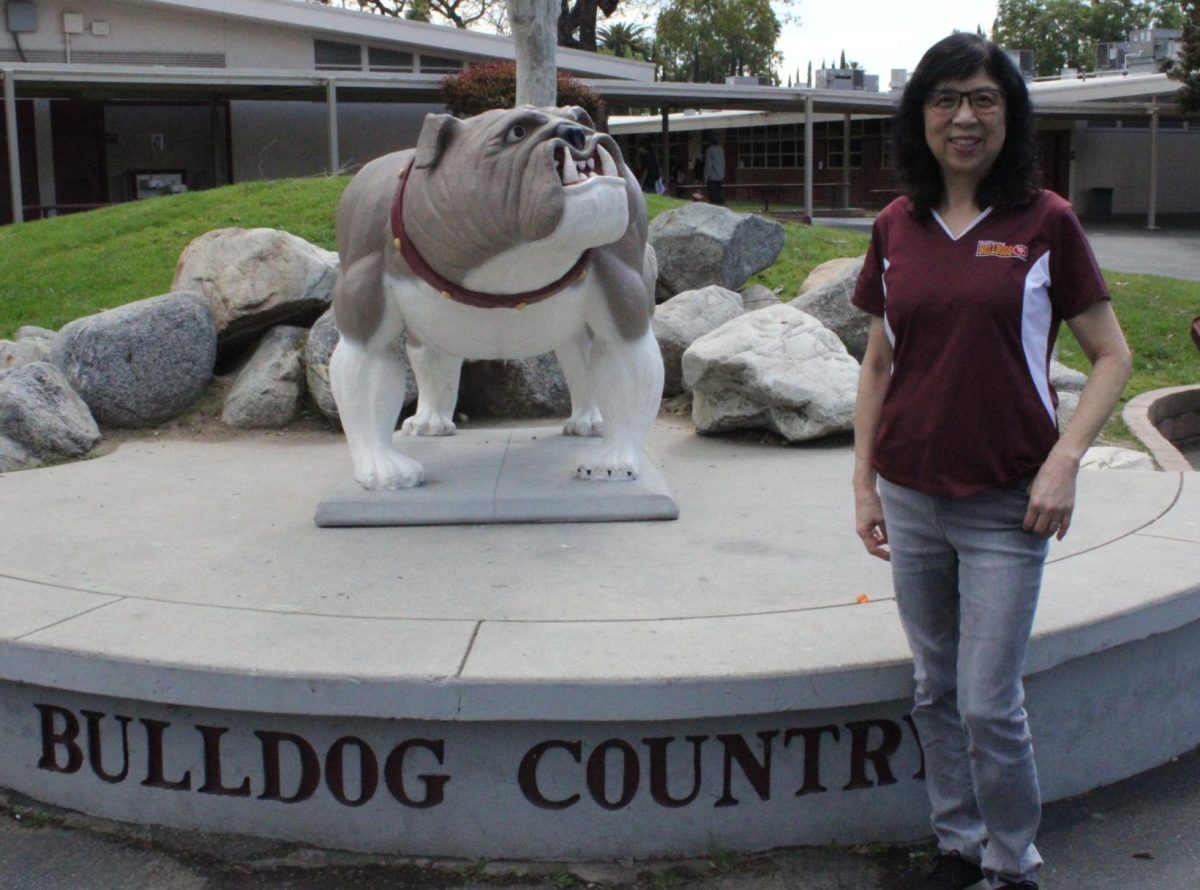


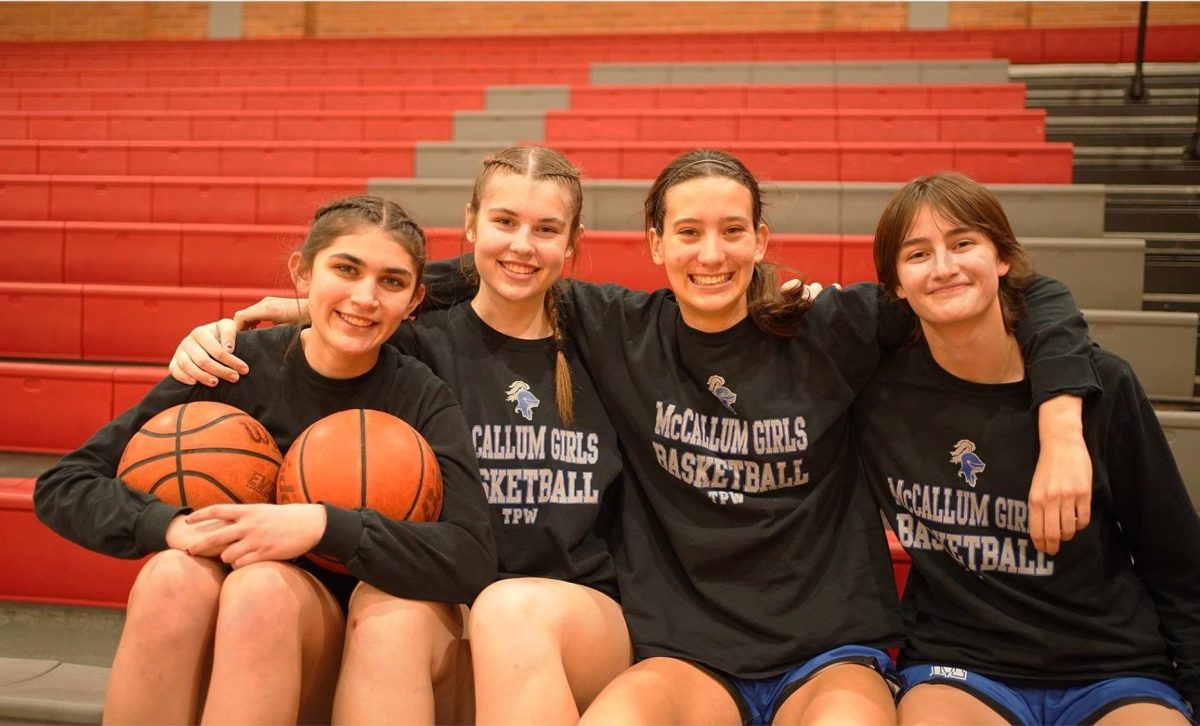
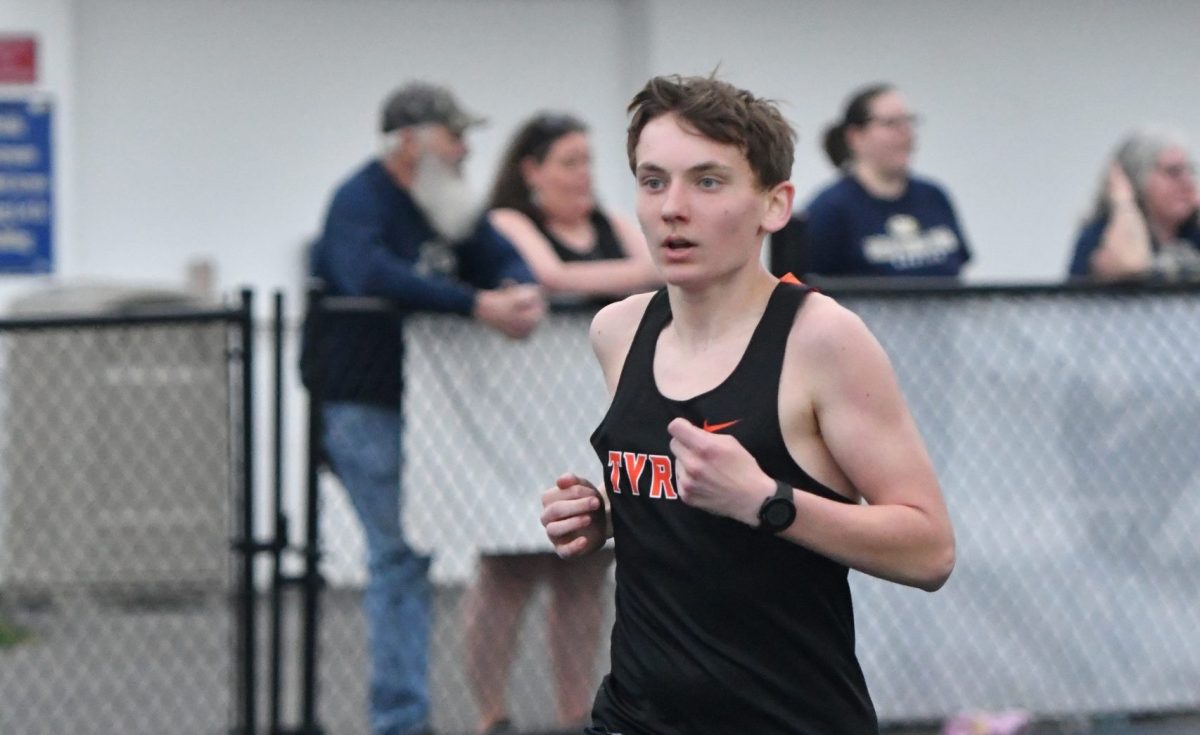

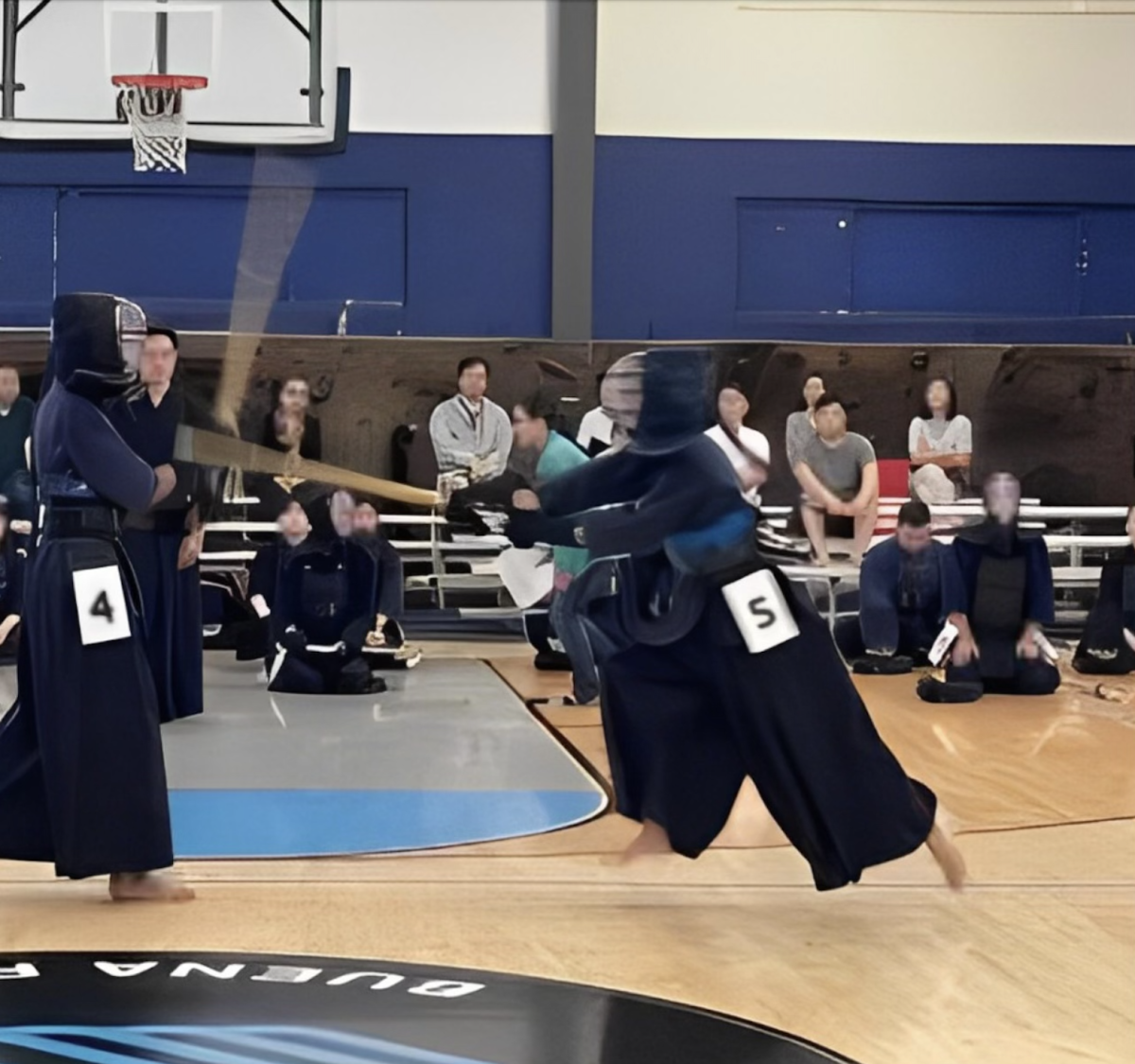
















![IN THE SPOTLIGHT: Junior Zalie Mann performs “I Love to Cry at Weddings,” an ensemble piece from the fall musical Sweet Charity, to prospective students during the Fine Arts Showcase on Wednesday, Nov. 8. The showcase is a compilation of performances and demonstrations from each fine arts strand offered at McCallum. This show is put on so that prospective students can see if they are interested in joining an academy or major.
Sweet Charity originally ran the weekends of Sept. 28 and Oct. 8, but made a comeback for the Fine Arts Showcase.
“[Being at the front in the spotlight] is my favorite part of the whole dance, so I was super happy to be on stage performing and smiling at the audience,” Mann said.
Mann performed in both the musical theatre performance and dance excerpt “Ethereal,” a contemporary piece choreographed by the new dance director Terrance Carson, in the showcase. With also being a dance ambassador, Mann got to talk about what MAC dance is, her experience and answer any questions the aspiring arts majors and their parents may have.
Caption by Maya Tackett.](https://bestofsno.com/wp-content/uploads/2024/02/53321803427_47cd17fe70_o-1-1200x800.jpg)
![SPREADING THE JOY: Sophomore Chim Becker poses with sophomores Cozbi Sims and Lou Davidson while manning a table at the Hispanic Heritage treat day during lunch of Sept 28. Becker is a part of the students of color alliance, who put together the activity to raise money for their club.
“It [the stand] was really fun because McCallum has a lot of latino kids,” Becker said. “And I think it was nice that I could share the stuff that I usually just have at home with people who have never tried it before.”
Becker recognizes the importance of celebrating Hispanic heritage at Mac.
“I think its important to celebrate,” Becker said. “Because our culture is awesome and super cool, and everybody should be able to learn about other cultures of the world.”
Caption by JoJo Barnard.](https://bestofsno.com/wp-content/uploads/2024/01/53221601352_4127a81c41_o-1200x675.jpg)





